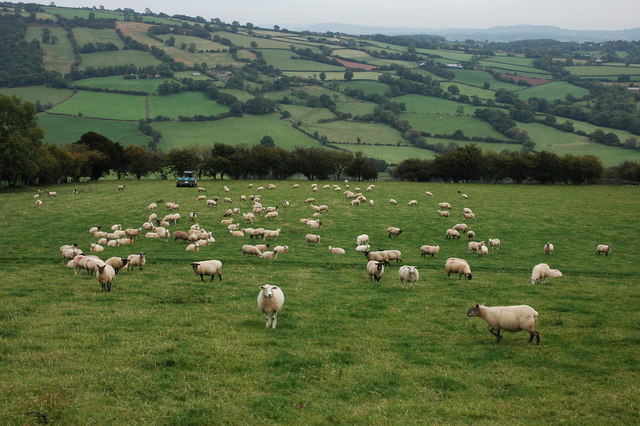At this point in the British electoral cycle (informally known as the “holy crap, there’s an election really soon!” point), social media get filled up with various websites and applications designed to quiz your political views and then tell you which political party you’re closest to. There are the usual suspects – the always-interesting Political Compass assesses the main parties’ electoral platforms and places them on its classic grid, while VoteMatch asks you to agree or disagree with a series of statements to give you a sense of who you agree with.

Vote for Policies works slightly differently. It simply puts up each party’s own description of its policy platform in a series of key areas – “from the political parties themselves – in their own words”, the website says – and fully anonymises them. You are asked to read each description of policies and pick your favourites. At the end, you get told who you actually ended up supporting.
Commentators are taking notice of the fact that there are some interesting outcomes emerging from people’s usage of the site. Craig Ling at Grayling describes how a quarter of the tens of thousands of respondents found themselves agreeing most with the Green Party (currently setting up lasting residence at about 6% support in most national polls).
In general (and somewhat like Political Compass and the rest), these findings may not indicate much more than the existence of a left-wing bias around politically interested internet users. But Ling describes a different virtue to this approach. By removing these stated policy positions from the ‘brands’ of the parties that produced them, we might get closer to actually finding out about people’s political beliefs, and who they would support in the absence of such biases:
Now of course, there is no guarantee that users of the site are entirely representative of the UK population, but 400,000 is a hell of a sample and frankly puts the Ashcroft Polling to shame. And it’s interesting to see what happens to people’s voting intention once the party leaders are removed from the equation and the public are forced to look beyond Ed Miliband’s bacon sandwich incident, David Cameron’s Eton image, and Nick Clegg’s U-turn on Tuition Fees. Is there a case to be made for online voting in this model?
But there is a deeper problem revealed by Vote For Policies’ approach, and shared to some extent by the other sites and apps that try to give people a sense of which party they should be voting for. Simply put, it relies too heavily on the idea that an attractive policy can provide sufficient grounds for the formation of a political preference. The truth is that stated policy objectives will often never be realised in government, or may involve complexities in terms of funding and trade-offs in other areas.
In other words, the realism of these political platforms is not taken into account, or even presented as a relevant consideration, while people are choosing between manifestos on ‘Vote for Policies’.
It’s a bit like someone buying products in a supermarket based simply on what’s written on the back of their packets, or choosing which supermarket to visit based on the claims set out in their advertising. Like it or not, ‘brands’ can communicate far more information than advertising bumpf, and allows us to consider our own understanding and existing knowledge about the products in question.
Brands send certain signals, and allow us to access our experience and memory about a certain product. These associations can be positive or negative – nasty party seems to be an inescapable association for the Conservatives, years after that descriptor was first applied – but they nevertheless are important parts of the reasons we have to vote the way we do. What’s the point of finding myself in strong agreement with the policies of a Green Party that has literally no incentive to take political realities into account while writing its manifesto? Isn’t it important to bear in mind what I’ve learned about the competence and capability of a given party when assessing their positions?
‘Vote for Policies’ and other sites are providing a service, and may encourage more (and more thoughtful) voting overall. But they also operate from the assumption that policy platforms are the most important of the reasons to cast our votes, and this may be a mistake.


